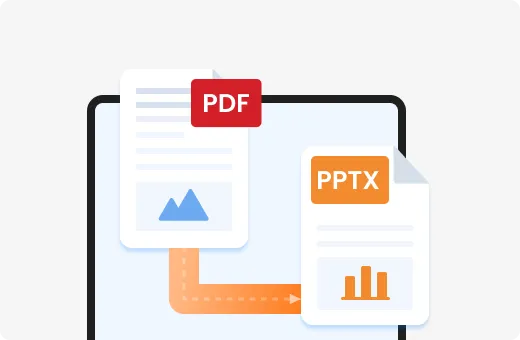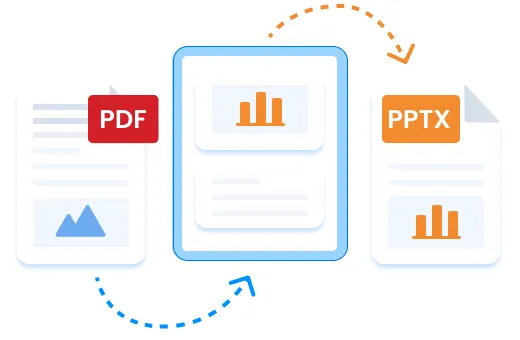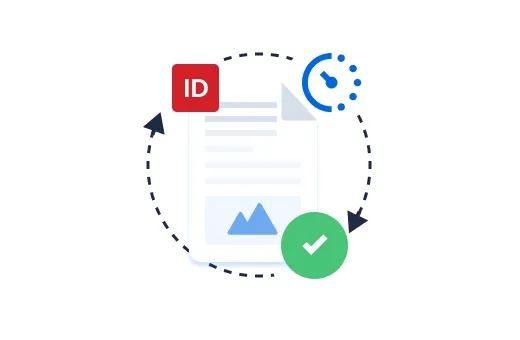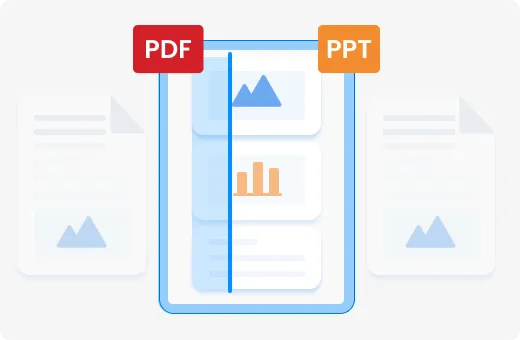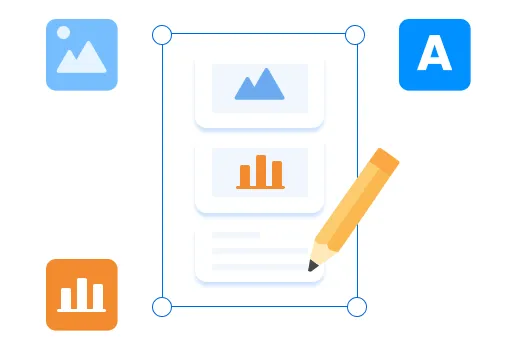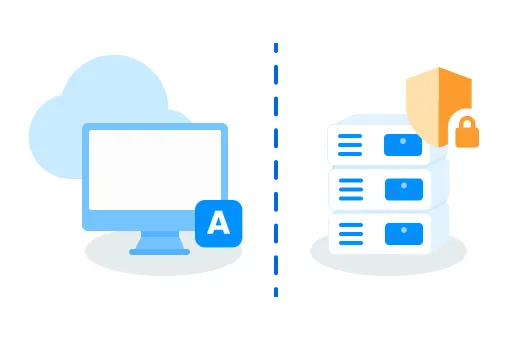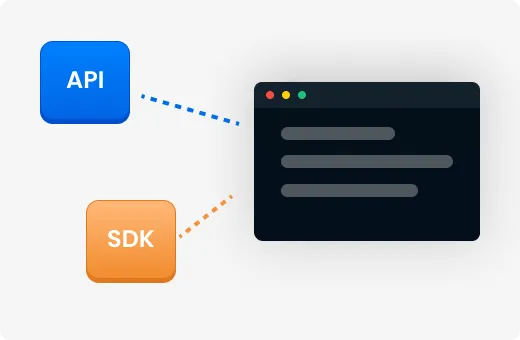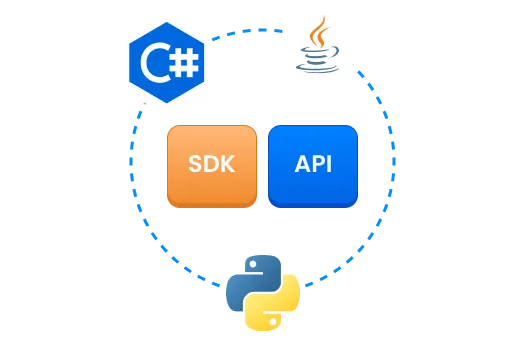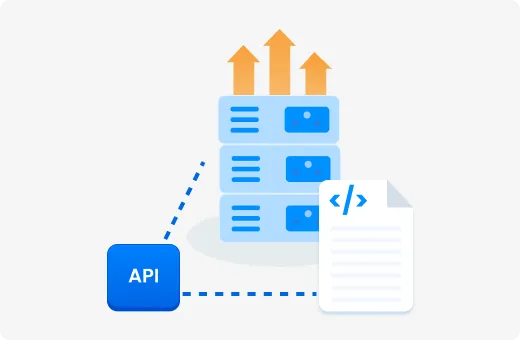PDF to PPTX API & SDK
Convert PDFs to PowerPoint with Perfect FormattingTransform PDF Documents into Fully Editable
PowerPoint Presentations
Our PDF to PPTX API & SDK provides developers with powerful conversion capabilities that transform static PDF documents into fully editable PowerPoint presentations. Built for integration into applications, automation workflows, and document management systems, this solution preserves the original formatting, layout, and visual elements with exceptional fidelity.
The conversion engine extracts both text and images from PDF files, maintaining the original structure while creating slides that mirror your source document's appearance. Whether you're building document workflow automation, content management systems, or productivity tools, our PDF to PowerPoint conversion technology delivers consistent, high-quality results with minimal implementation effort.
How It Works
1. Submit PDF for Conversion
Send your PDF file to the conversion endpoint using a standard multipart/form-data POST request. The API accepts PDF files up to 10MB in size and supports additional parameters for customizing the conversion process.
POST/pdf-convert/v1
Content-Type: multipart/form-data
file:[binary PDF data]
convertType:"pptx"
pages:"1-5" //Optional: specify pages to convert
password:"document-password" //Optional: for protected PDFs2. Receive Operation ID
The API processes your request asynchronously and returns an operation ID that can be used to check conversion status and retrieve results.
{
"id":"3fa85f64-5717-4562-b3fc-2c963f66afa6"
}
3. Check Conversion Status
Use the operation ID to check the status of your conversion job.
GET/operation/v1/{operationId}/status4. Retrieve Converted PowerPoint
Once the conversion is complete, download the converted PowerPoint file using the operation ID.
GET/operation/v1/{operationId}/resultCommon Implementation Scenarios
Technical FAQ
What happens to complex PDF elements during conversion?
Complex elements like tables, charts, and vector graphics are converted to their closest PowerPoint equivalents whenever possible. Tables become PowerPoint tables, vector graphics are preserved as editable shapes, and text maintains its formatting characteristics. In cases where direct conversion isn't possible, elements are rasterized as images to maintain visual fidelity.
How does the API handle PDF forms and interactive elements?
Form fields and interactive elements are converted to their visual representation in PowerPoint. While the interactivity isn't preserved (as PowerPoint uses a different interaction model), the visual appearance of form elements is maintained.
What PowerPoint versions are supported for the output files?
The API generates files in the .pptx format compatible with PowerPoint 2007 and newer versions, including PowerPoint Online and mobile versions. This modern format supports all PowerPoint features and ensures maximum compatibility across platforms.
Are there limitations on PDF complexity or size?
The API handles PDF files up to 10MB in size. While there are no explicit limitations on internal complexity, extremely complex documents with thousands of elements per page may require more processing time. The asynchronous processing model accommodates these variations in complexity.
How does error handling work?
The API provides detailed error responses with specific error codes and messages to help diagnose conversion issues. Common errors include password-protected files without credentials, corrupted PDFs, or file size limitations. The operation status endpoint returns comprehensive information about any problems encountered during processing.
Get Started with PDF to PPTX Conversion
Access the API
Implement powerful PDF to PowerPoint conversion capabilities in your applications with minimal development effort. Our REST API provides a straightforward integration path with comprehensive documentation and support resources.Explore the SDK
For deeper integration into application code, our SDK offers native bindings for popular development environments with consistent functionality across platforms. The SDK provides additional performance optimizations for high-volume scenarios.Try a Sample Conversion
Test the conversion quality with your own PDF documents before implementation. Our developer portal provides a simple interface for testing conversions with various parameters and settings.